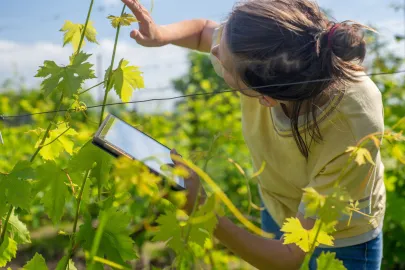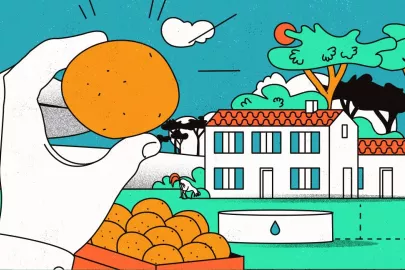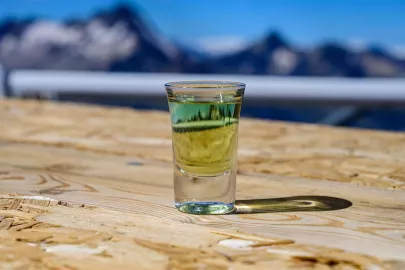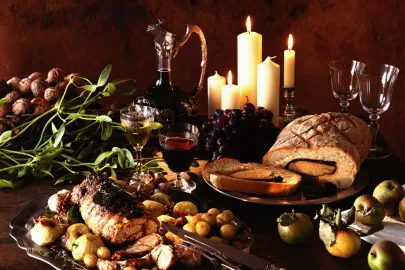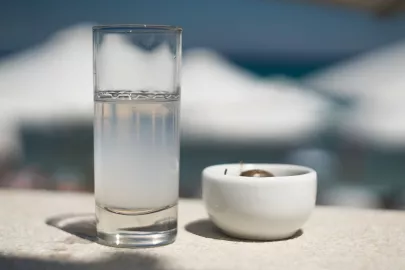French fishermen are increasingly likely to choose to fish in local waters, sensitively following the rhythm of the seasons and fish stocks. And with good reason!
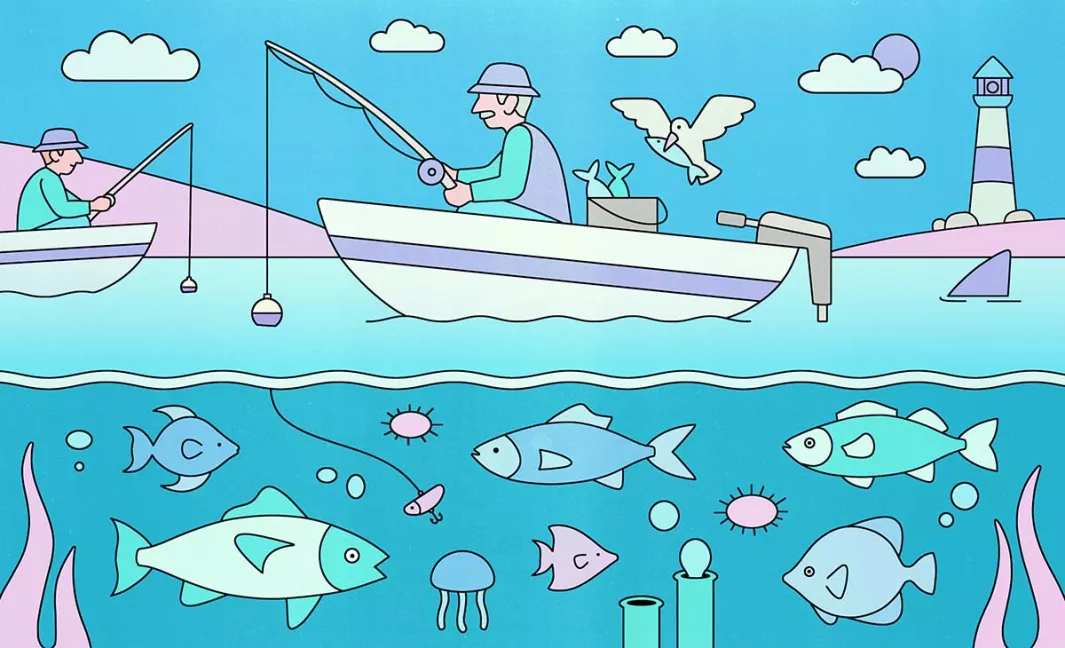
One Sunday morning in February, still half asleep, I find myself at the Gare Saint-Charles station in Marseille, at France’s southern tip. Unusually, the sky is overcast and gray. I’m heading for the port. At the end of the quay, I meet Jonas Bizord. His boat, Submed, is moored behind his small retail stand. During the fishing season, from November to April, Jonas and his team are out every day fishing for sea urchins. They scuba dive to a depth of between two and ten meters and, using a scraper, remove the sea urchins one by one before storing them in a moulaguette (a sort of net). These are environmentally friendly and sustainable techniques which preserve existing resources. Once the season is over, in April, Jonas fishes for bluefin tuna or engages in marine work. Sustainable fishing is infinitely renewable! This is the principle expounded by British economist Colin W. Clark in his article The Economics of Overexploitation, published in Science journal: “Renewable resources, by definition, possess self-regeneration capacities and can provide man with an essentially endless supply of goods and services.” Provided certain conditions are met...
Sustainable fishing is fair, in the sense that it implies the economic longevity of the companies that engage in it. In addition, the stock that is being fished is under no threat. Therefore, the fishing techniques used must ensure that only specimens that will actually be landed and sold are caught. Yet at present, 90% of commercial marine species are overexploited, or fished to the limit of sustainability. Like Jonas Bizord, Daniel Kerdavid on Brittany’s Quiberon peninsula and Emmanuelle Marie and her husband in the bay of Granville have decided to fish off the surrounding coasts. Instead of large trawlers, they have opted for boats less than twelve meters long, of the sort generally seen out on daytime sea voyages.
Despite the growth of industrial fishing, in metropolitan France, these small vessels still constitute 52% of the total fleet*. “The most friendly and sustainable fishing method is line fishing, trolling or by hand,” explains Charles Guirriec, the founder of Poiscaille, a digital platform specializing in the sale of fish and shellfish directly from fishermen. Essentially, this means a hook with a bait or a lure, attached to the end of a line, itself connected to a rod. Depending on the depth and the species being targeted, there may be several hooks per line, and the line itself may or may not be weighted. In Japan, where fishing remains essentially a coastal activity and involves family labor, many fishermen go still further. They practice ikejime, which literally translates as “living death”. This slaughtering method guarantees the fish a quick and painless death, thus procuring meat with an incomparable taste. An excellent way of combining care for the environment and pleasure at the table!
*1 Source: FranceAgriMer
Contributor

Editor

